Which came first, the chicken or the egg?
You’ve heard that question before, but for marketers and SEOs, there’s a different version of that question.
“Which comes first, content or links?”
It’s a question I get asked a lot.
There’s no doubt that both are important for any site. A link strategy will send readers to your site, and deep content will give grow your audience and ultimately conversions.
But there’s a problem here. Which do you start with?
It’s hard to build tons of links and create comprehensive, long-form content at the same time, especially if you’re a solopreneur or a small business.
Ideally, you want to do both at once, but what if you can’t?
I’ve looked around and haven’t found a clear-cut answer to this question, so I’m going to tell you all about it.
We’ll look at some case studies and see what the data has to say about it.
Hopefully, these insights will help you improve your own strategies and help you make a decision for yourself.
Content vs. Links
It’s a tough battle.
If you’ve already picked a side, try to forget about your decision. Both have pros and cons, and there’s a huge gray area.
Generally, there are two schools of thought.
Let’s look at each of them.
Opinion #1: Content first
The first says that content should come first because good content is naturally valuable. It’s like the phrase “build it and they will come.”
This has a few advantages.
First, good content will help you build an awesome long-term strategy.
If your content is evergreen, it theoretically has an eternal lifespan. And that’s good. Really good.
You want people to keep coming back to your content. That means you’ll establish yourself as an authority, and that content will keep reaping rewards for you.
It’s called cornerstone content.
It’s the idea of creating content that acts as a representative of your site.
It’s content that people will link to year after year.
Brian Clark of Copyblogger started with just two blog posts and a free report. This became his cornerstone content.
That content still gets tons of attention. In fact, if you Google “Copywriting 101” right now, you’ll see that same blog post in the number one position:
That “Copywriting 101” post is even included in Copyblogger’s free membership program:
When Brian wrote those posts, you can bet he was thinking about the long term. And boy, did it pay off.
We’ll actually talk more about Brian in a minute, but for now, remember that concept of cornerstone content.
So writing a super long and detailed article might not propel you to fame right away. But it will become an invaluable resource for you, and it’ll prepare your site for long-term success.
Second, starting with content provides value.
There’s an obvious criticism with a link-first strategy.
If you start off with a heavy link strategy but no content, you really have no reason for anyone to link to your site.
On the other hand, if you create amazing content, you give people a reason to care about your site, to keep visiting your site, and to share your site with others.
People love good content. I mean really outstanding content that provides value and goes in depth.
If you provide that kind of content, you’ll create a foundation for your site’s future.
Third, content gets people talking.
If one person likes your content, they’re likely to share it, and that’s where the power is.
If you don’t believe me, think about this metric: 1 in 3 people visit a site just because someone recommended it to them.
I’m going to say that again: 1 in 3 people visit a site just because someone recommended it to them.
And how do you get people to recommend your site? By having an awesome site.
Content helps you do that. It’s one of the best ways to get people hyped about your site.
Those are a few of the reasons that content lovers argue their point of view.
Opinion #2: Links first
The other school of thought says links should come first because they give you an audience.
There are also several advantages with this approach.
First, content is no good without an audience.
Even if you have pages and pages of excellent content on your site, it’s all useless if no one’s reading it.
Your audience is what brings your content to life.
Links help give you that audience.
The right network of backlinks will expose your site to thousands of people from all over the world. Just publishing content on your site won’t do that all by itself.
That’s the strongest argument for starting with links.
Second, links help with your SEO.
There’s no doubt that you can focus on SEO with your content. Keyword optimization and comprehensiveness are two of the ways you can do that.
But all things considered, linking is a more scalable strategy.
For example, you can link to the same content more than once. But you can’t write the same piece of content more than once.
You can also update your content as you get more links. This will allow you to take advantage of Google’s love of fresh content.
Basically, you can scale up your link strategy as your site grows.
Third, linking can establish you as an authority by association.
Remember, 1 in 3 people visit a site on the basis of recommendation alone.
There’s a lot of power in social proof.
That goes for links too.
If someone visits a site they like and sees that site linking to your content, they’ll automatically think of your site as an authority.
It’s the equivalent of getting a shout out from an influencer in your niche.
This is an extremely effective way of getting lifelong fans, and it’s something that’s much more difficult to do with only content.
By now, your head is probably spinning, and I don’t blame you.
What you need is a data-driven analysis of these two methods. And as it so happens, that’s exactly what I have for you.
Case study #1: Brian Clark
We talked about Brian earlier, but I had to mention him because his success story is a perfect example of what content can do for you.
Let me recap what I said earlier: Brian started Copyblogger in 2006 with two blog posts and a free report.
He didn’t have a huge audience, and he wasn’t an influencer yet. Based on that information alone, you’d probably guess he started by getting lots of links.
But Brian didn’t focus on an extensive link strategy or put all of his energy into SEO.
Instead, he did something that was revolutionary for 2006. He gave away his content absolutely free.
And he kept doing it. Copyblogger wowed the world with an abundance of content that didn’t cost a penny.
But do you know what’s even more surprising?
Copyblogger didn’t use advertising or sales teams to grow.
Instead, Brian and his team relied on content that knocked the socks off of their readers.
And it worked.
Today, Copyblogger brings in over eight figures a year, and they still offer all of that free content.
And, in case you were wondering, Copyblogger’s reputation earned them quite a few links.
Moz’s Open Site Explorer shows that Copyblogger has 133,000 total links.
That’s not too shabby for a site that started out with three pieces of content and a ton of ambition.
Brian is living proof that starting out with content absolutely works.
In fact, Brian made a powerful statement about his approach in an interview on the TopRank blog:
It seems like starting with content is the way to go, right?
The battle isn’t over yet. Brian’s story is amazing, but let’s take a look at the other side.
Case Study #2: Servando Silva
You may not know Servando by name, but he’s done some incredible work with backlinks.
Servando runs the popular blog Stream SEO, and he’s always looking for new challenges and experiments.
One day, he decided to conduct a link experiment.
He chose a niche, bought a domain, and built 15,000 backlinks in less than a month.
Before we go any further, I need to point out that Servando used some pretty black hat SEO techniques to build his links. I do not recommend you do this.
The point of telling you about Servando’s success is to show you what can happen with links alone.
Of course, it’ll take much longer using white hat techniques, but it’s much better for your site, and you can achieve the same amount of success.
Anyway, back to Servando.
His site was getting anywhere from 100 to 500 visits per day, which isn’t bad at all. He was ranking for several long-tail keywords and driving thousands of people to his site.
In the end, he ended up losing the site, but if he had started to create good content and put all those links to good use, he could have had a popular site on his hands.
Servando’s story shows that there’s a lot to be said for starting off with a robust link strategy.
What do SEOs say?
Next, let’s check in with the pros.
As you might expect, this topic can cause quite the stir among SEOs.
Of course, some SEOs will argue that you can’t do anything without links.
But others will say that the content should come first.
That might be another shock for you. Think about it: Experts in SEO are saying that links might not matter as much as we think.
First, let’s hear from Mark Jackson, an author for SearchEngineWatch.com. Mark is an SEO enthusiast and has been in the game for years.
He wrote an article on the pros and cons of on-page and off-page SEO. He ultimately decided that on-page is more important:
Mark isn’t just spitting theories. He’s speaking from his experience running all of those SEO campaigns.
In his opinion, content can stand on its own, and the links can come later.
Jayson DeMers, another SEO expert, says there are a lot of dangers to building SEO without content.
Those are some major points in favor of content.
Jayson ended his article with, “Content is still your greatest asset in SEO.”
And Adam Bruk from Digital Third Coast recommends starting with content creation and then moving on to link building.
In Adam’s own words: “But content comes first since great content makes earning links way easier.”
All of these pros would still say that links are important. That will always be true.
But they’re saying that the foundation of your site has to be built on content.
Sounds like conclusive evidence for content, right?
Well, before we declare a winner, there’s one more aspect we have to take into account: search engines.
But what about search engines?
I’ve got to be honest with you. We’re talking about the wrong question.
So far, the question has been “Which comes first, content or links?”
That’s not the real question.
The real question is “Which do search engines care about more, content or links?”
Because at the end of the day, that’s the whole reason you want to know whether to focus on content or links.
You want to know how to make search engines happy. That’s why the real question is what search engines prefer.
And even that question can get more specific.
We’re vying on-page SEO and off-page SEO.
On-page SEO, as the name suggests, refers to all the SEO that happens within the content itself. So focusing on content is inherently on-page.
Off-page SEO is SEO that doesn’t happen within the content. This includes link building and social media sharing.
Now the question is: “What do search engines care about more, on-page SEO or off-page SEO?”
To answer this question, I consulted this post from Backlinko that shares 205 of Google’s ranking factors.
I went through the list, and I classified about 154 factors as non-content related.
Some were about on-page SEO (e.g., popups), but they weren’t directly related to the content itself.
So about 75% of the ranking factors do not deal with the content itself.
That might be shocking for some of you.
You’re probably starting to think that content is useless since Google seems to care most about other factors.
But here’s the thing: That doesn’t tell the whole story.
If you look at search engines and nothing else, then it does seem like it’s better to focus on links.
And on their “Steps to a Google-friendly site” page, they talk a lot about links:
Convinced that links matter the most? Think again.
Check out what’s at the very top of that page:
Google is officially saying that providing high-quality content is the #1 most important thing you can do to make your site Google-friendly.
That’s because Google’s mission is to help users find the best content possible.
Links are fantastic, but in the end, links lead to your content.
If you don’t have content for your links, you’ll be sending visitors to a site with little to no value.
Think about it from a different perspective. Would you spend hundreds of dollars on ads just to send people to an empty mall?
You have to have the stores first, and then you can send people there.
But once you have the stores in place, you can start running ads and telling everybody about the new mall.
Conclusion
The decision is pretty clear.
Ideally, you should work on both content and links.
But if you absolutely have to pick one, start with content.
It’s the backbone of every successful marketing campaign. In fact, it’s vital to any marketing campaign.
Without awesome content, you won’t get very far.
It used to be that a TV commercial could tell you to buy a product based on a couple of features.
But now, people are wise to that act.
Nowadays, people can choose specifically what they consume. They can read thousands of reviews on a product instead of trusting an ad.
That’s why people want great content first and foremost.
They don’t want to see a ton of spammy ads. They want to support brands that they like, brands they have a connection with.
I’m one of many entrepreneurs who has built an empire on a foundation of content.
I’ve created super long guides. I regularly post humongous articles.
And I can tell you that it works.
Content is how I got started. It’s why you keep coming back to this site.
I know it’s intimidating to work your butt off on content without having a huge audience first. But I promise you, if you create content that shines, you’ll go far.
What are you going to focus on more: content or links?

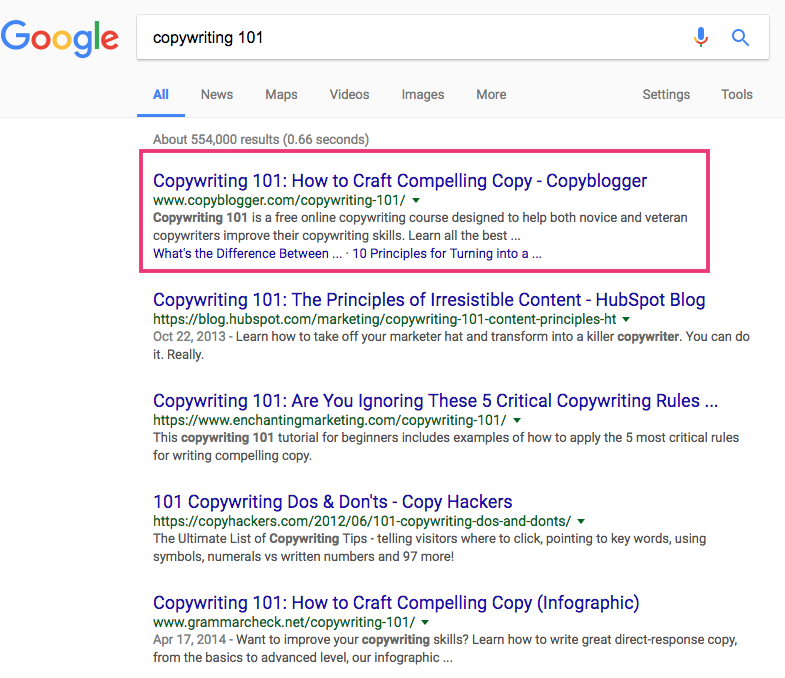
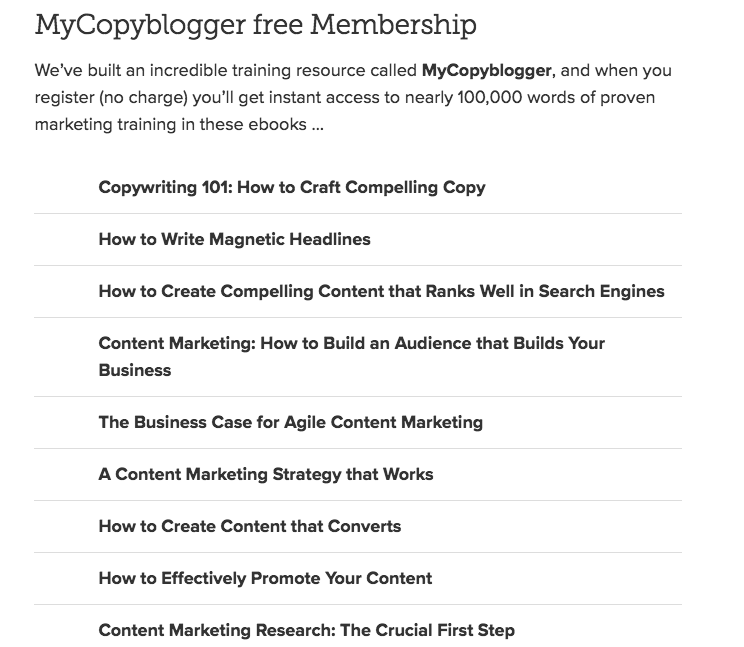
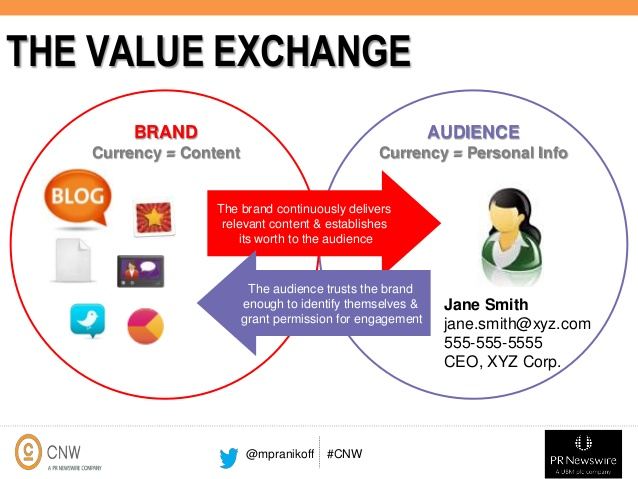
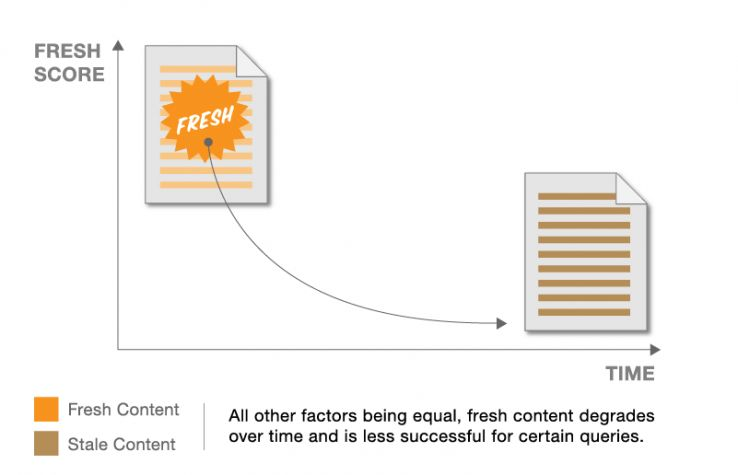
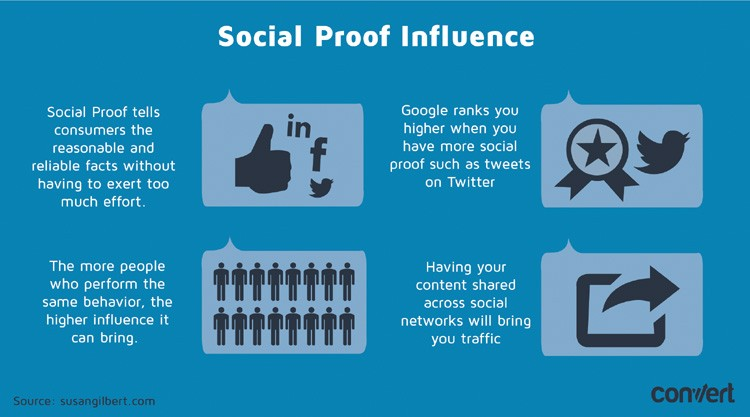
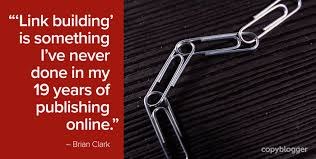
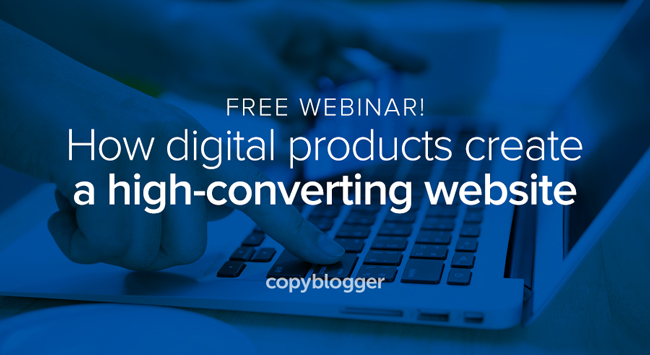
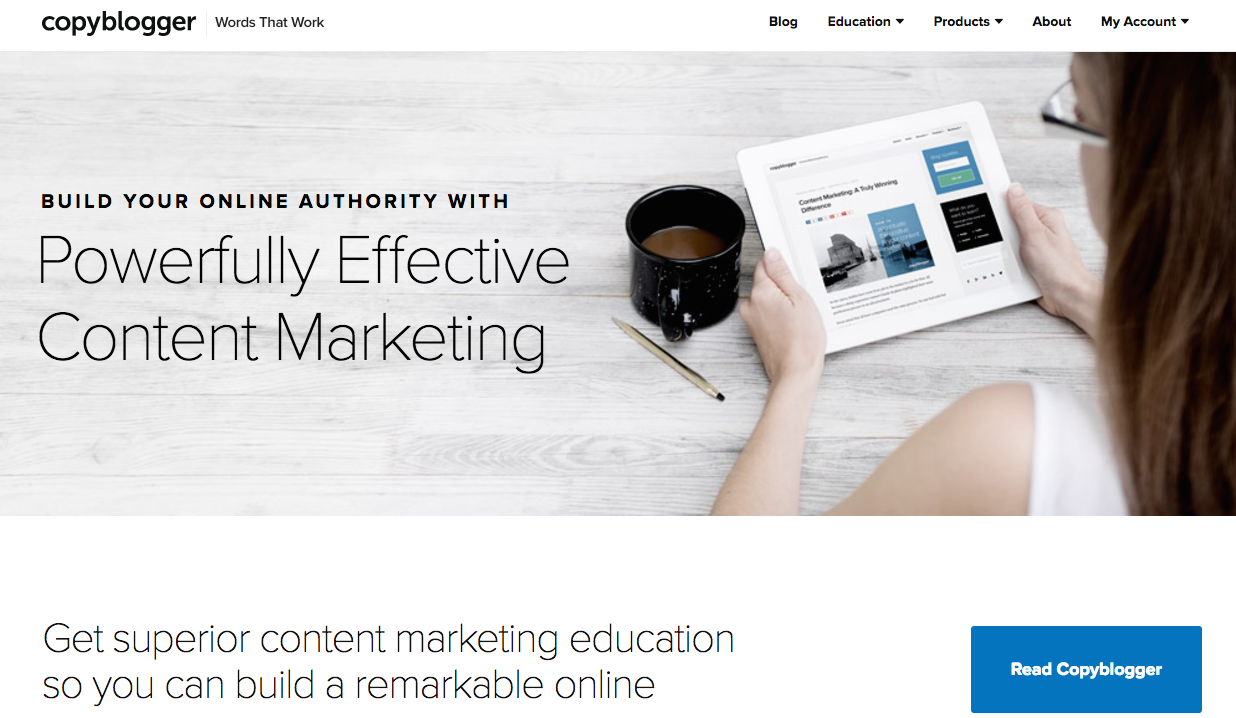
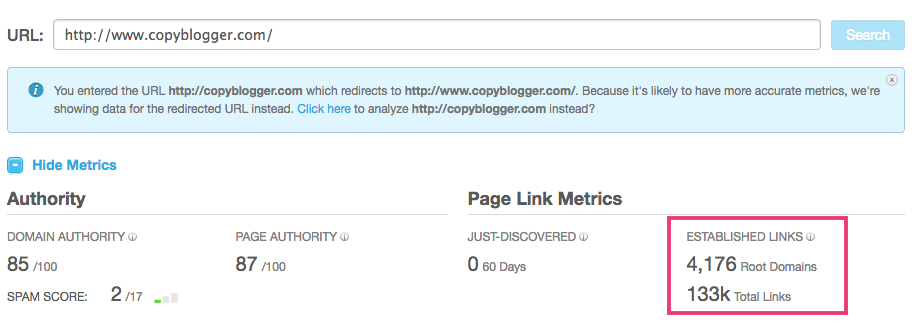

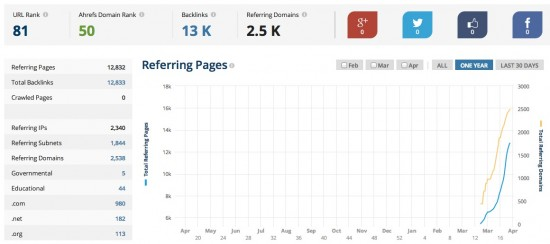
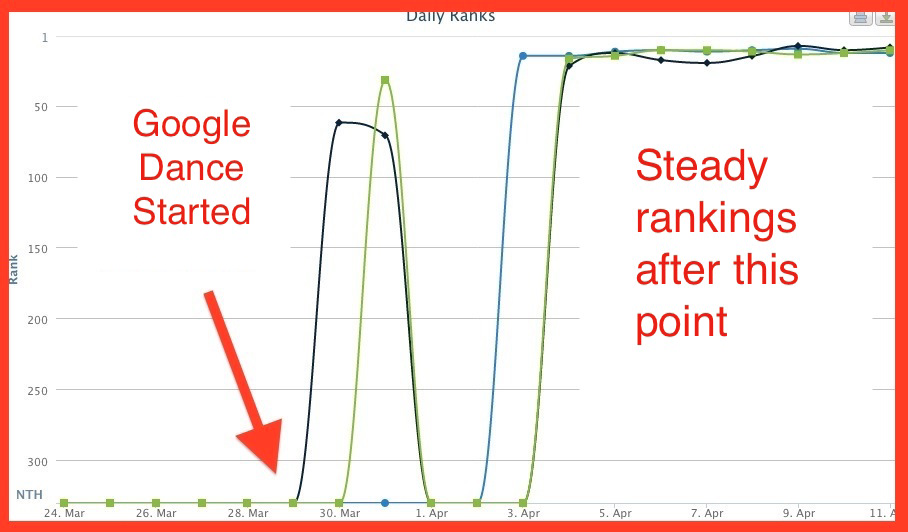

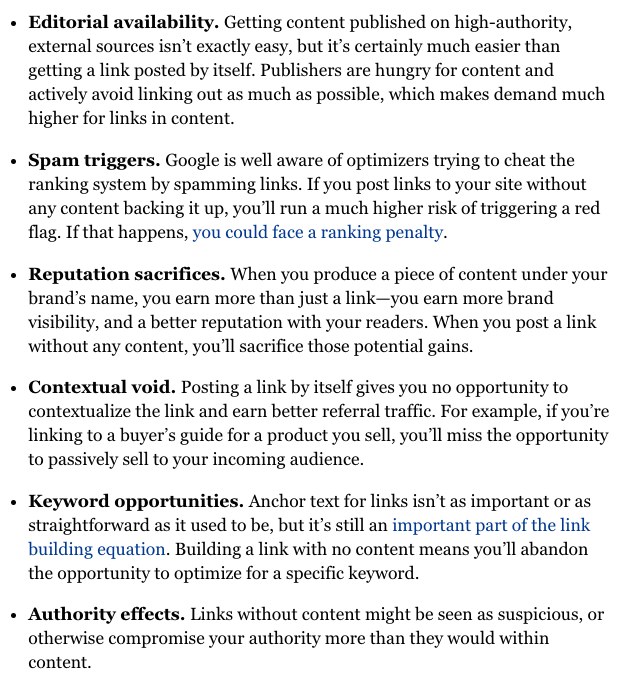
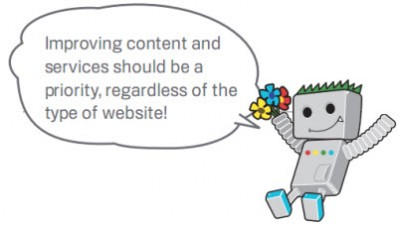
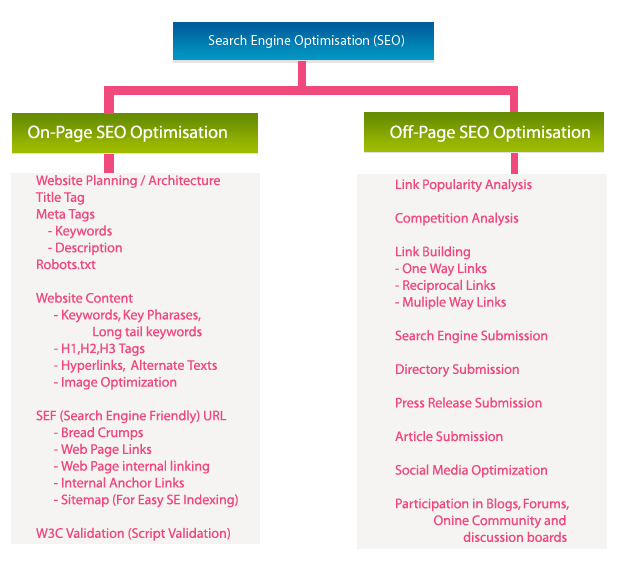
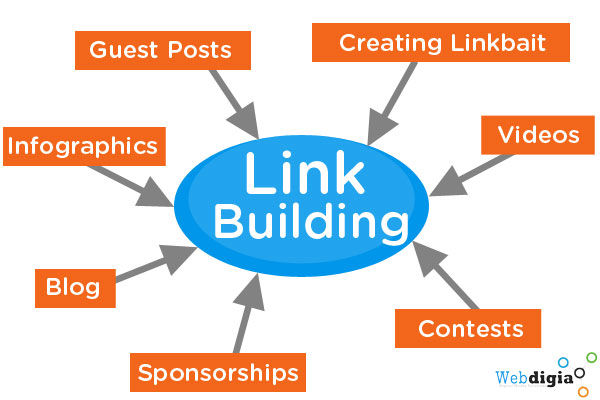
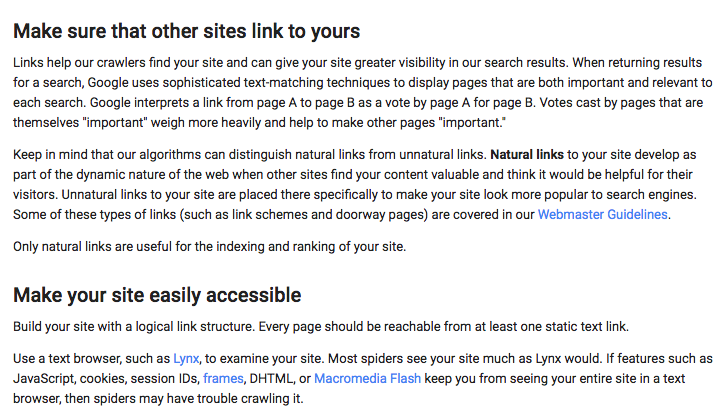

Comments (24)